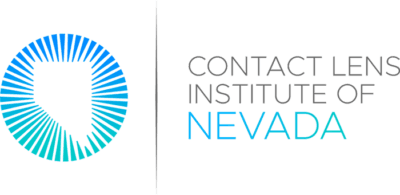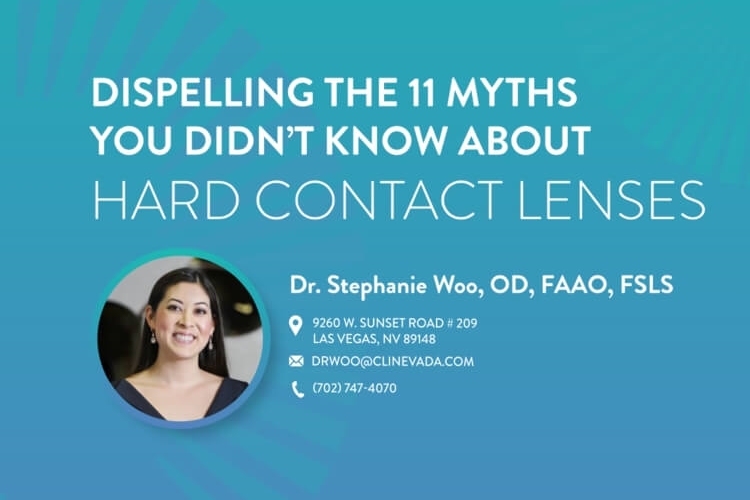Our eyes are constantly exposed to various elements in our environment, making them vulnerable to injuries. One common eye injury that many people experience is a corneal abrasion. Corneal abrasions refer to scratches or damages to the clear, protective surface of the eye called the cornea. While they can be painful and uncomfortable, understanding the causes and available treatments can help you navigate through this common eye condition.

Causes of Corneal Abrasions
Corneal abrasions can be caused by a variety of factors, including:
Foreign Objects: The cornea can get scratched when it comes into contact with small particles like dust, sand, or debris.
Mechanical Trauma: Accidental poking, scratching, or rubbing of the eye can result in corneal abrasions.
Contact Lenses: Wearing contact lenses that are not properly fitted or well-maintained can lead to corneal abrasions. It is essential to follow proper hygiene practices and handle your lenses with care.
Dry Eyes: Individuals with chronic dry eye syndrome may experience corneal abrasions as the lack of sufficient lubrication makes the cornea more susceptible to damage.

Treating Corneal Abrasions
When a corneal abrasion occurs, seeking prompt treatment is crucial to promote healing and minimize the risk of complications. Here are some commonly used treatments for corneal abrasions:
Artificial Tears: Lubricating eye drops or ointments can help relieve discomfort and promote healing by keeping the eye moist and reducing friction.
Antibiotic Eye Drops: These drops are used to prevent infection in the affected eye, as corneal abrasions can create an entry point for bacteria.
Ocular Pain Relief: Over-the-counter pain relievers such as acetaminophen or ibuprofen can help manage the discomfort associated with corneal abrasions. However, it's important to consult with a healthcare professional before taking any medication.
Bandage Contact Lenses: Bandage contact lenses are a specialized type of soft contact lens that can be used in the treatment of corneal abrasions. These lenses act as a protective barrier, preventing the eyelid from rubbing against the damaged cornea and facilitating the healing process. By promoting a moist environment, bandage contact lenses offer soothing relief and reduce the risk of infection.
EyePrint Prosthetic for Phlyctenular Keratoconjunctivitis
Super interesting case of a 19 year old boy with corneal scarring in both eyes from Phlyctenular Keratoconjunctivitis and also a childhood injury in both eyes. He also suffers from drug induced glaucoma in both eyes. He has an inferior nasal displaced Ahmed valve in the right eye and the left eye. You can also see his iridectomies inferior-nasal in each eye as well.
Patient's current drop regimen includes: Brimonidine TID OS, Cosopt BID OU, Latanoprost QHS OS, FML QD OD, Xiidra BID OU, Prednisolone acetate QD OS, and Polytrim BID OS. He can see about 20/400 in each eye. We fit him into an EyePrint in both eyes to help vault over the valves and provide the most stable lens for each eye. At his dispense, he was still seeing 20/400 in the right eye, and improved to 20/100 in the left eye and 20/60- with both eyes. He does also have some eccentric fixation in each eye to see his best.
At his 2 week follow up, the left eye further improved to 20/80. The edge of the left lens shows slight compression on the tube (see photo). The plan is to increase the diameter of the EyePrint so that it covers the most elevated area of the tube (see photo with new mark up in purple, recommended by Dr. Christine Sindt). We will adjust the lens for him and continue to monitor his progress.
Thank you to Dr. Simon Fung from UCLA for his kind referral of this very special patient.
How Bandage Contact Lenses Aid in Healing
Bandage contact lenses have several key benefits in the treatment of corneal abrasions:
Pain Relief: The presence of a bandage contact lens can alleviate pain by reducing friction and protecting the cornea from further irritation.
Promoting Healing: Bandage contact lenses create an optimal environment for corneal healing by retaining moisture and allowing the eye's natural healing processes to occur more effectively.
Preventing Infection: Bandage contact lenses act as a barrier, reducing the risk of infection by preventing foreign particles from entering the damaged cornea.
Enhanced Comfort: These specialized lenses provide additional comfort by reducing sensitivity to light and reducing the sensation of a foreign object in the eye.
It's important to note that bandage contact lenses should only be prescribed and fitted by a qualified eye care professional. They will guide you through the proper usage and care of these lenses to ensure optimal healing and safety.
Preventing Corneal Abrasions
While accidents are sometimes unavoidable, there are measures you can take to reduce the risk of corneal abrasions:
Eye Protection: When participating in activities that pose a risk to your eyes, such as sports or DIY projects, wear protective eyewear to shield your eyes from potential harm.
Proper Contact Lens Care: If you wear contact lenses, follow the recommended hygiene practices, including cleaning and disinfecting them regularly. Avoid sleeping in your lenses unless specifically prescribed by your eye care professional.
Avoid Rubbing Your Eyes: When your eyes are itchy or irritated, try to refrain from rubbing them. Instead, use artificial tears or gently rinse your eyes with clean water to alleviate discomfort.
Seek Professional Advice: If you are experiencing any eye discomfort or suspect a corneal abrasion, consult with an eye care professional. They will be able to properly diagnose and provide appropriate treatment options.


